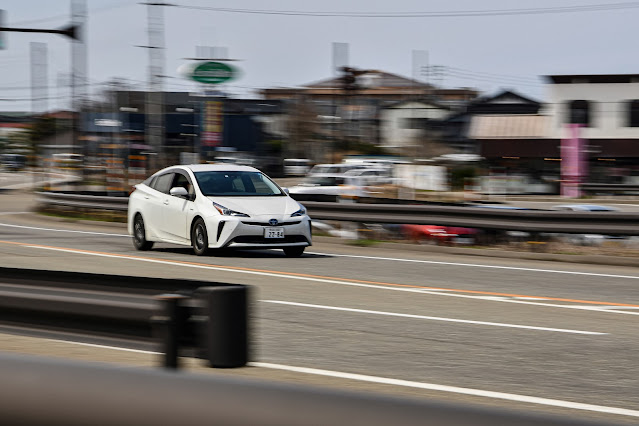PSCs are created by coating a panel with a special
organic compound that absorbs light. When used as a power source in electric
vehicles, they are expected to extend the cruising range. Toyota and the
startup company, EneCoat Technologies Co., signed a contract for joint
development in May. EneCoat, supported by Kyoto University, specializes in
applying uniform coats of organic compounds and will focus on developing
materials and power generation elements. Toyota, on the other hand, will
concentrate on developing the technology to install the cells on automobiles.
This partnership between Toyota and EneCoat
Technologies represents an exciting step towards the advancement of perovskite
solar cell technology and its integration into the automotive industry. By
harnessing the potential of PSCs, Toyota aims to enhance the sustainability and
energy efficiency of its vehicles, contributing to a greener future.
Related Articles:
Enjoyed this post? Never miss out on future posts by following us
Toyota's All-Solid-State Batteries: Revolutionizing EVs with Enhanced Range and Rapid Charging
Toyota and Subaru Forge Electric Vehicle Partnership for Exciting Future




Comments
Post a Comment